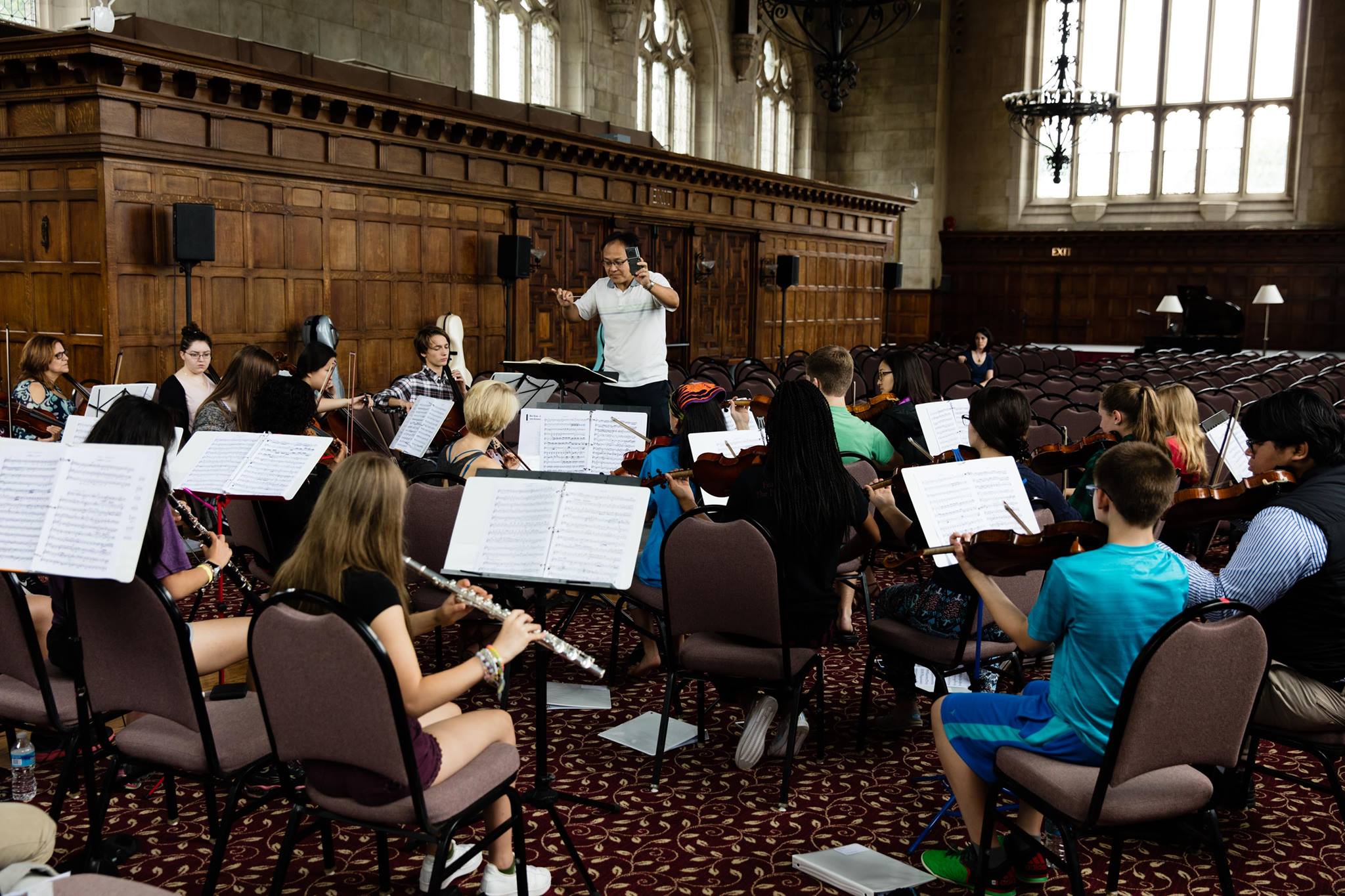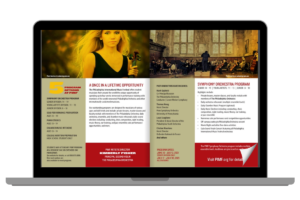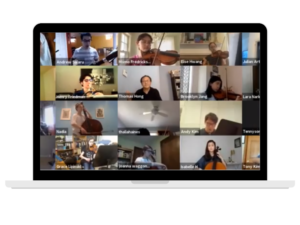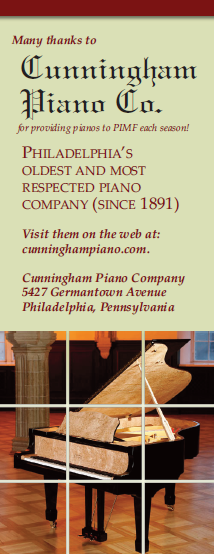8 Tips for Your Best Audition Yet
(Hint: It starts with how you practice.)
As music students, you never stop auditioning – for orchestra seats, competitions, parts in opera and musical theater, college, and summer festivals like PIMF. Which means… you never stop practicing. To help you level up your audition chops, we’ve looked to the latest research in performance psychology and education to bring you these eight tips for making the most of your practice time – and translating it onto the stage.
Practice like an expert. Character Lab is a Philadelphia nonprofit organization dedicated to researching and creating ways to help students develop the non-academic ingredients of success – traits like curiosity, grit, purpose, self-control, and others that are vitally important to a successful, meaningful life. Of course, playing an instrument develops all of these and more, and the researchers at Character Lab developed the Expert Practice program to focus on a trait they call grit.
When you have the courage and endurance to keep going when things get tough, you have grit. Expert Practice provides strategies to practice intelligently: deciding on small, just-challenging-enough skills to practice; practicing with absolute focus; getting feedback and reflecting on performance and progress; then repeating the process until you’ve achieved your goal. This kind of purposeful practice will help you use your practice time wisely, reach your goals more efficiently, and develop skills you can use in every part of your life.
Get an honest, reliable practice buddy. And by that we mean a metronome. Friends are great for cheering each other on, and you can count on your teacher to give honest, unbiased feedback at lessons… but the best friend to have day to day in the practice room is still that trusty little machine. Our favorite? The awesome Tuner/Metronome App TE Tuner, by TonalEnergy. This all-in-one tuner, metronome, and recorder app for iPhone and Android provides real-time intonation feedback; tracks percentage of time sharp, flat, or in tune; and records for later reflection and sharing. And it has tons of options for temperaments, metronome subdivisions, alerts, and more. Plus the fun factor: a smiley-face graphic shows up when you play in tune, and the longer you stay in tune, the bigger it gets! Woohoo!
Make sure everything you do in the practice room relates directly to what’s going to happen onstage. In a podcast interview with performance psychologist and Juilliard faculty member Noa Kageyama on his website Bulletproof Musician, three-time Olympic champion diving coach and educational psychology expert Jeff Huber revealed his personal discovery, as a competitive athlete, that every moment of practice really does relate to his competition in performance – and how to maximize that by making as much of his practice simulate a diving meet.
“Everything you do in practice has to somehow prepare you for the championship,” he said. “When you look at elite performers in any field…they’re always looking for ways to improve performance. But the big difference is that it’s not practice performance, it’s competition performance. They’re looking for ways to improve their performance when it counts the most.”
Don’t freak out about mistakes – do correct them effectively. In a study at the University of Texas at Austin, researchers looked at how practice methods would influence performance. They asked college-age piano students to learn a difficult passage of Tchaikovsky’s Piano Concert No. 1, recorded them practicing it, and then compared their performances. They found that those students who practiced slowly, caught their mistakes without reprimanding themselves, and corrected them immediately learned the passage faster and performed more musically overall.
Go off-book if you need to. The fundamentals are, well, fundamental – those scales, long tones, and etudes that make up so much of the technique side of your instrument’s tradition prepare you to play pretty much anything in the Western classical repertoire. But sometimes you need to go a little deeper or see something from a slightly different angle. At those times, don’t be afraid to make up your own drills, at home or with your teacher, to zero in on your weakness and develop it into a strength.
Rest. Step away from the instrument. We repeat: Step away from the instrument. Gerald Glickstein, author of The Musician’s Way: A Guide to Practice, Performance, and Wellness, explains that taking breaks is essential for preventing injury, optimizing productivity and focus, and restoring physically and mentally.
So put down the instrument. Stretch. Get some exercise. Breathe fresh air. Enjoy something totally frivolous or unrelated to music, like a book or your favorite video game or podcast. Sleep! Sleep expert Matthew Walker, a professor of neuroscience and psychology at the University of California, Berkeley, advises at least 8 hours per night, and says you know you’re getting enough rest when you can wake up without an alarm clock. (Now there’s a goal!)
Be kind to yourself. Why is it that when we feel a lot of pressure to perform, it’s so easy to tell ourselves scary stories? And more important – is there a way to keep those voices under control? One study at the University of Kansas looked at how various motivational climates affected students’ performance of tasks they were learning – in this case, juggling. After learning about three different types of learning environments, the researchers noticed that those students who just heard about ways to learn that emphasized growth and learning over winning and avoiding mistakes performed best, and simply hearing about a “win at all costs” approach stressed them out and made them perform worse.
The takeaway? Don’t be so hard on yourself. Seek out teachers and peers who believe in you. And most of all, practice believing in yourself.
Make yourself an audition day playlist. Numerous studies on the effects of background music on people in grocery stores, restaurants, hospitals, and competitive environments (like a big game day) have found consistently that listening to slower-tempo music (72 bpm and less) encourages us to slow down, become more aware of our surroundings, calm our nerves, and lift our mood. On audition day, take it easy, do everything as if you have all the time in the world – which you will because you’ve planned your schedule beforehand – and put on some chill tunes, 72bpm or slower, that calm and inspire you. With your performance prepared and your body and mind tuned up, you can be energized and ready to play your best.




